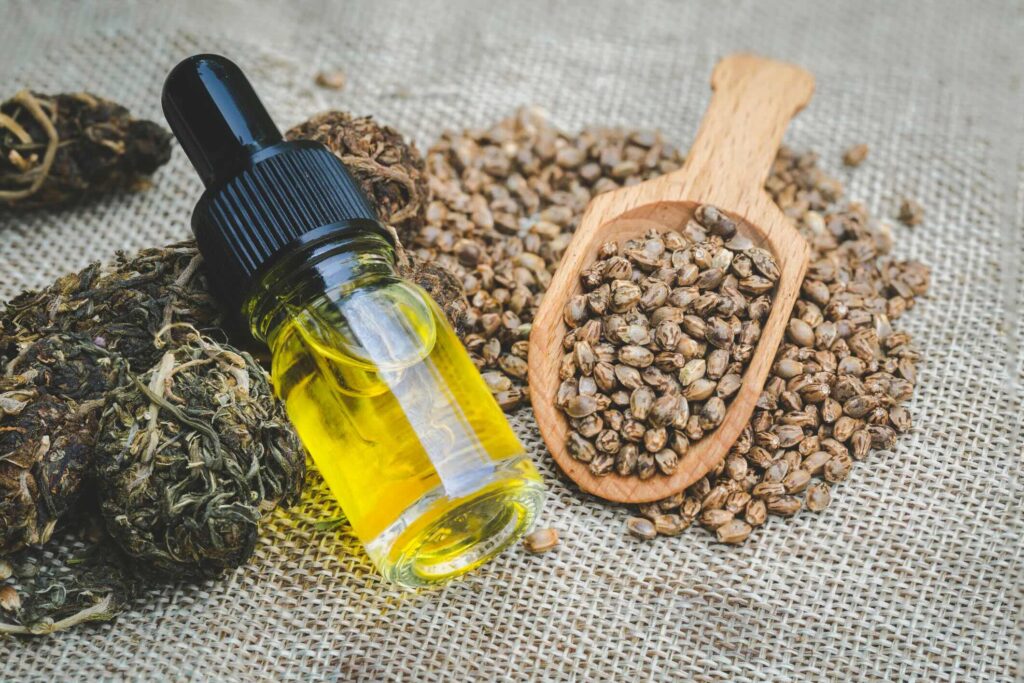Introduction
In recent years, the popularity of CBD (cannabidiol) has surged, with a plethora of products flooding the market. However, despite its widespread use and potential health benefits, the legal status of CBD remains a complex and evolving topic. Understanding the legal landscape surrounding CBD is crucial for consumers, producers, and retailers alike. In this comprehensive guide, we’ll delve into the legal status of CBD, exploring its origins, current regulations, and future prospects.
Origins of CBD Legalization

To understand the legal status of CBD, it’s essential to delve into its origins. CBD is a naturally occurring compound found in the cannabis plant, known for its potential therapeutic properties. In the United States, the legalization of CBD can be traced back to the passage of the 2018 Farm Bill. This landmark legislation legalized the cultivation, production, and sale of hemp-derived products, including CBD, with certain restrictions. Under the Farm Bill, hemp is defined as cannabis containing no more than 0.3% THC (tetrahydrocannabinol), the psychoactive compound responsible for the “high” associated with marijuana.
Current Regulations
Despite the legalization of hemp-derived CBD at the federal level, the regulatory landscape remains fragmented and complex. The Food and Drug Administration (FDA) holds authority over CBD products intended for human consumption, such as dietary supplements, food, and beverages. However, the FDA has yet to establish clear regulatory guidelines for these products, leading to uncertainty and inconsistency in the market.
Furthermore, individual states have implemented their own regulations regarding the production, sale, and use of CBD products. Some states have adopted more stringent regulations, while others have embraced a more liberal approach. As a result, the legal status of CBD can vary significantly depending on your location.
Also Read: CBD for Seniors: Addressing Common Health Concerns Naturally
Navigating the Legal Landscape
Navigating the legal landscape of CBD can be challenging, but there are several key factors to consider. First and foremost, it’s essential to familiarize yourself with federal, state, and local regulations governing CBD products. This includes understanding the permitted sources of CBD, labeling requirements, and restrictions on marketing and advertising.
Additionally, consumers should exercise caution when purchasing CBD products, ensuring they are sourced from reputable manufacturers and undergo rigorous testing for potency and purity. Look for products that provide third-party lab reports, confirming the absence of harmful contaminants and accurate CBD concentrations.
Future Prospects
While the legal status of CBD remains complex, there are signs of progress on the horizon. The growing body of scientific research supporting the potential health benefits of CBD, combined with increasing public demand, is putting pressure on lawmakers to enact clearer regulations. Several bills have been introduced in Congress aimed at clarifying the regulatory framework for CBD products, providing hope for a more streamlined and consistent approach in the future.
Conclusion
In conclusion, the legal status of CBD is a complex and evolving topic that requires careful consideration. While hemp-derived CBD is federally legal under the 2018 Farm Bill, regulations vary at the state and local levels. Consumers, producers, and retailers must stay informed about the latest developments in CBD legislation to ensure compliance and mitigate risks. By understanding the legal landscape and adhering to best practices, we can navigate the CBD market responsibly and safely.
